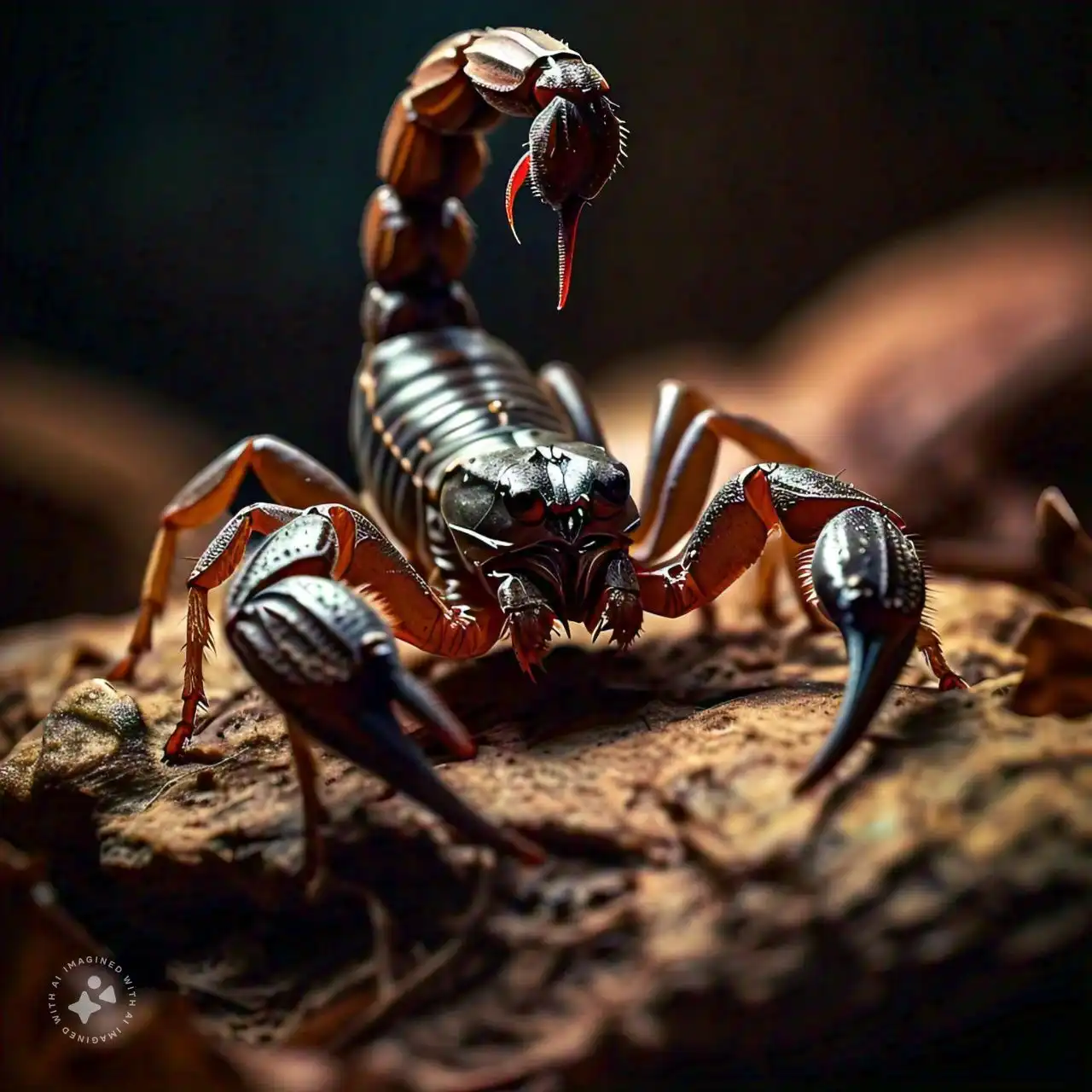Have you ever wondered how long you could go without eating? For most of us, skipping a few meals can make us feel really hungry and grumpy. But did you know that there is a creature that can go without food for almost a whole year? Yes, it’s true! Meet the incredible scorpion, a true master of survival.
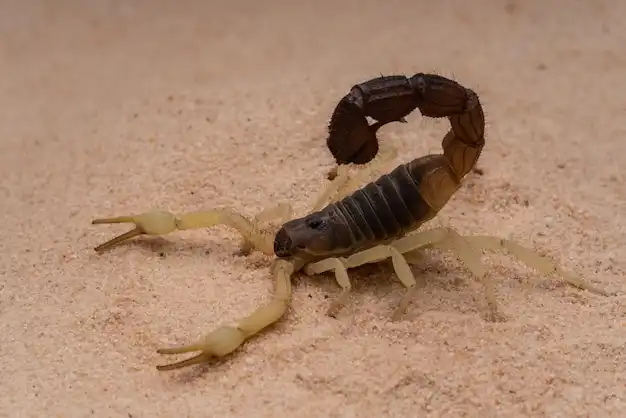
What Are Scorpions?
Scorpions are fascinating creatures from the arachnid family, including spiders, mites, and ticks. There are about 2,000 different species of scorpions found all over the world, except in Antarctica. These amazing animals are easily recognisable by their pincers, and long, curved tails tipped with a venomous stinger.
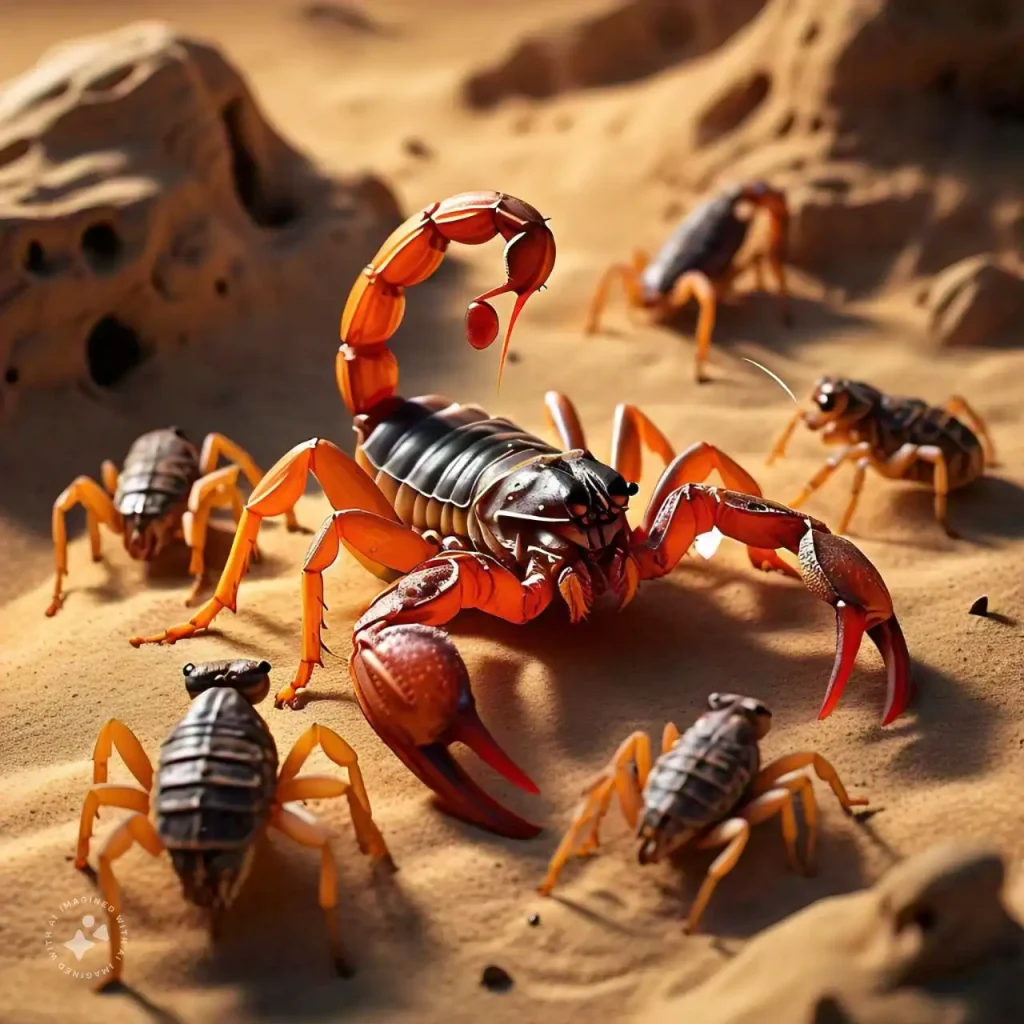
How Do Scorpions Hunt?
Scorpions are nocturnal hunters, meaning they come out to hunt at night. They primarily feed on insects, spiders, and sometimes even small mammals and reptiles. Scorpions use their pincers to grab and crush their prey, and if needed, they use their stinger to inject venom that immobilises the prey.
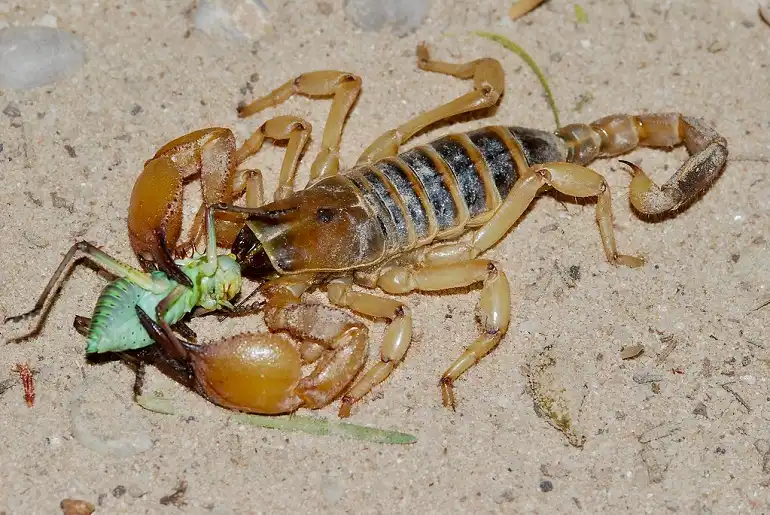
But here’s a cool fact: scorpions don’t need to eat every day. In fact, they can go for months without food, and in some cases, even up to a year! How do they manage this incredible feat? Let’s find out.
The Secret to Their Survival
Scorpions have several adaptations that allow them to survive without food for such long periods, making them one of the most resilient creatures on Earth.
1. Low Metabolism
One of the key reasons scorpions can go so long without eating is their extremely low metabolism. Metabolism is the process by which our bodies convert food into energy. Scorpions have a very slow metabolic rate, meaning they do not require a lot of energy to survive. This slow metabolism allows them to conserve energy and go for long periods without food.

2. Efficient Energy Use
Scorpions are incredibly efficient at using the energy they do have. They store fat in their bodies, which they can slowly use up when they don’t have access to food. This stored fat can sustain them for months and, in some cases, even up to a year. Additionally, scorpions have the ability to slow down their bodily functions, which further reduces their energy needs.

3. Adaptations to Harsh Environments
Scorpions often live in harsh environments, such as deserts, where food can be scarce. Over millions of years, they have evolved to become experts at surviving in these tough conditions. They can tolerate extreme temperatures and can find shelter in tiny crevices, which helps them avoid predators and conserve energy.
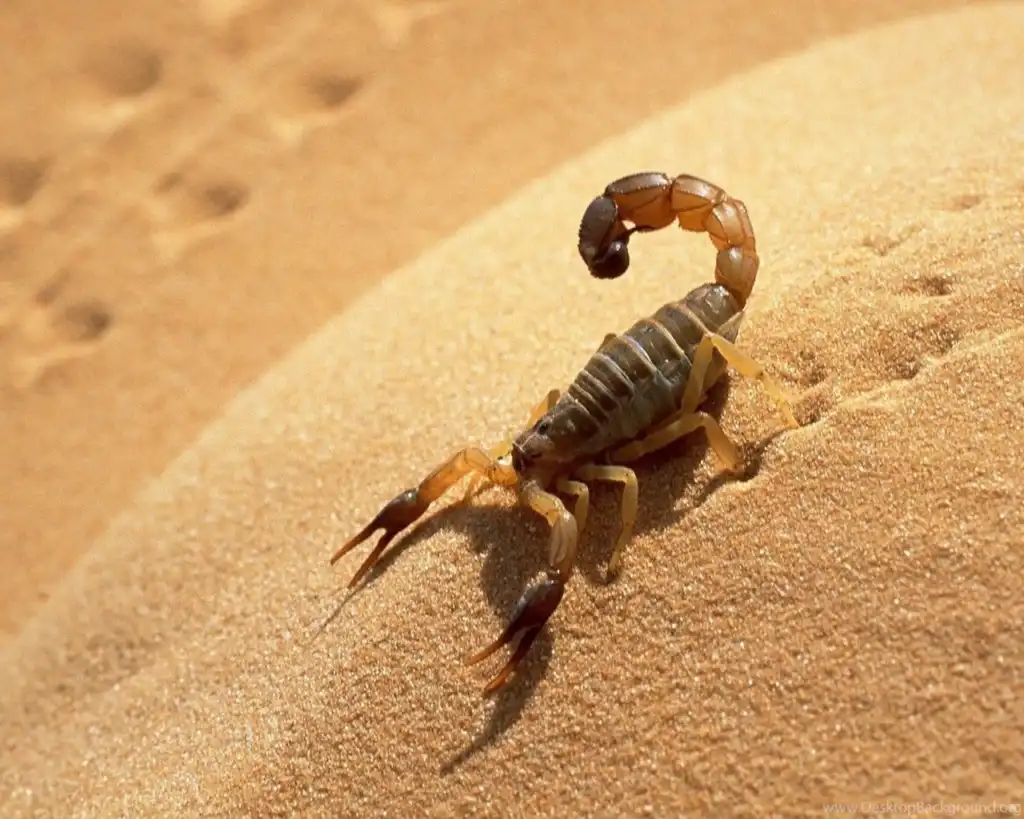
4. Ability to Absorb Moisture
Scorpions are also incredibly good at absorbing moisture from their environment. They can take in water through their food and even from the air, which helps them stay hydrated even when they cannot find food. This ability to stay hydrated without drinking water directly is another reason they can survive for such long periods without eating.
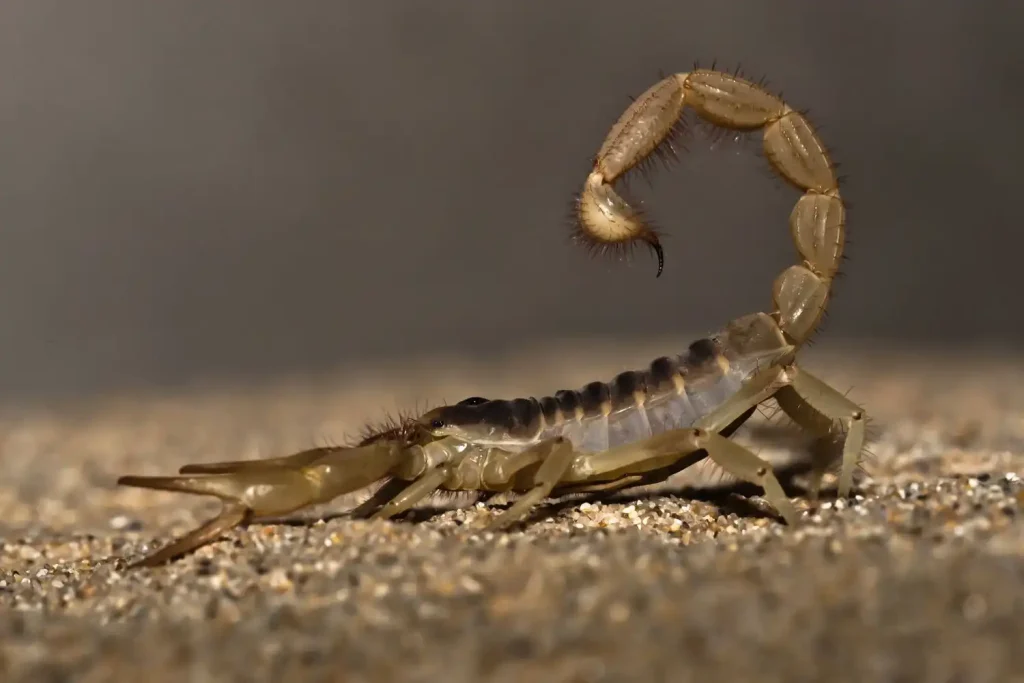
Real-Life Stories of Scorpion Survival
Several remarkable stories have been told of scorpions surviving in extreme conditions. For instance, scorpions have been found alive in sealed buildings after months or even years of being cut off from food and water. In one documented case, a scorpion was discovered alive after being trapped in a building for 10 months without any food!

Why Don’t They Need to Eat Often?
You might wonder why scorpions have developed such incredible survival skills. The answer lies in their natural habitats. Scorpions often live in environments where food is not always readily available. By surviving without food for long periods, they can wait out the tough times and feast when food becomes available again.
The Importance of Scorpions in the Ecosystem
Scorpions play a vital role in their ecosystems. They help control insect populations, which can prevent the spread of diseases and protect crops. By keeping insect populations in check, scorpions contribute to the balance of nature and help maintain healthy ecosystems.

Scorpions in Popular Culture
Scorpions have also made their way into popular culture. They are often depicted as dangerous and fearsome creatures in movies and television shows. However, it’s important to remember that scorpions are not out to get humans. They usually only sting when they feel threatened. Most scorpion stings are not deadly to humans, but it’s always best to be cautious and avoid handling them.
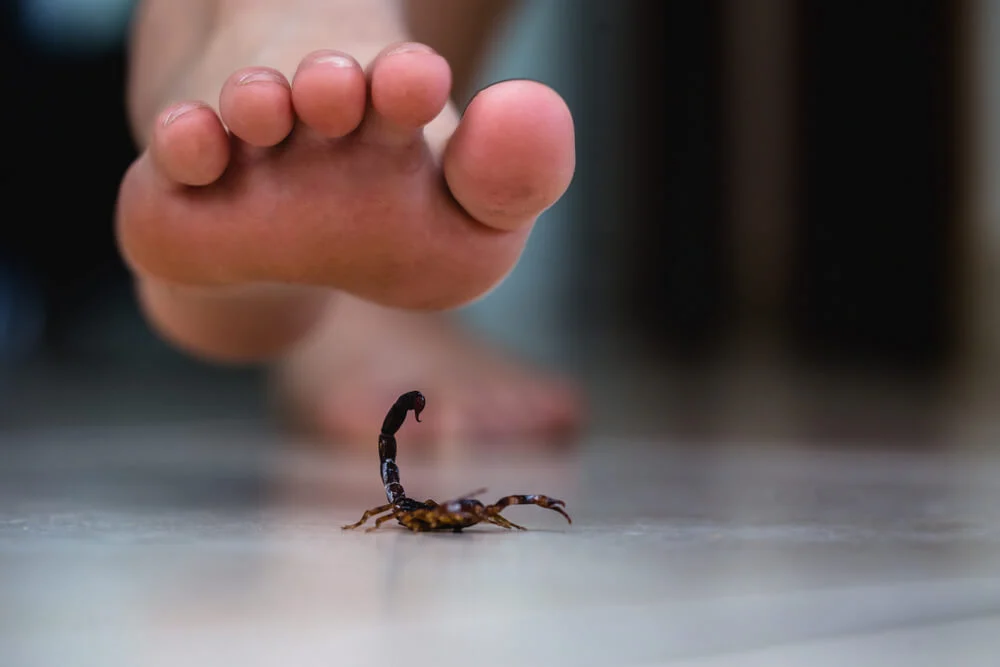
What to Do If You Encounter a Scorpion
If you ever encounter a scorpion, staying calm is important. Most scorpions are not aggressive and will try to avoid humans. Here are some tips to stay safe:
- Do not try to handle the scorpion. Give it space and let it move away on its own.
- If you need to move it, use a long object like a stick to gently guide it away.
- Wear shoes and gloves when walking in areas where scorpions are common, especially at night.
- Keep your living areas clean and free of clutter to avoid attracting scorpions indoors.
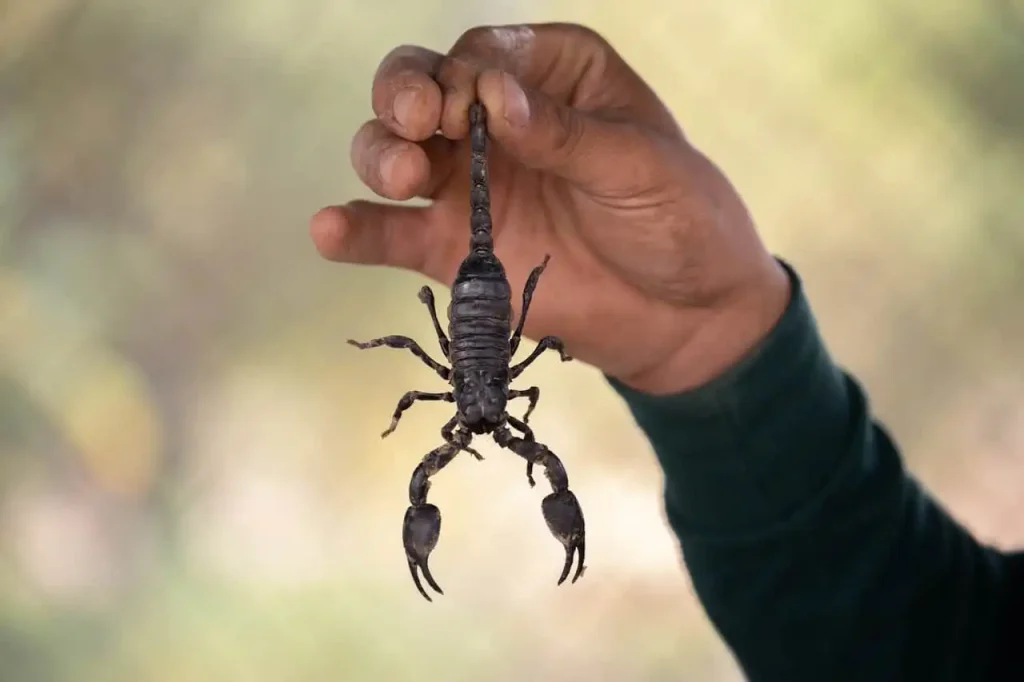
Fun Facts About Scorpions
To wrap up, here are some fun and interesting facts about scorpions:
- Scorpions glow in the dark! Under ultraviolet light, scorpions emit a blue-green glow due to a substance found in their exoskeleton.
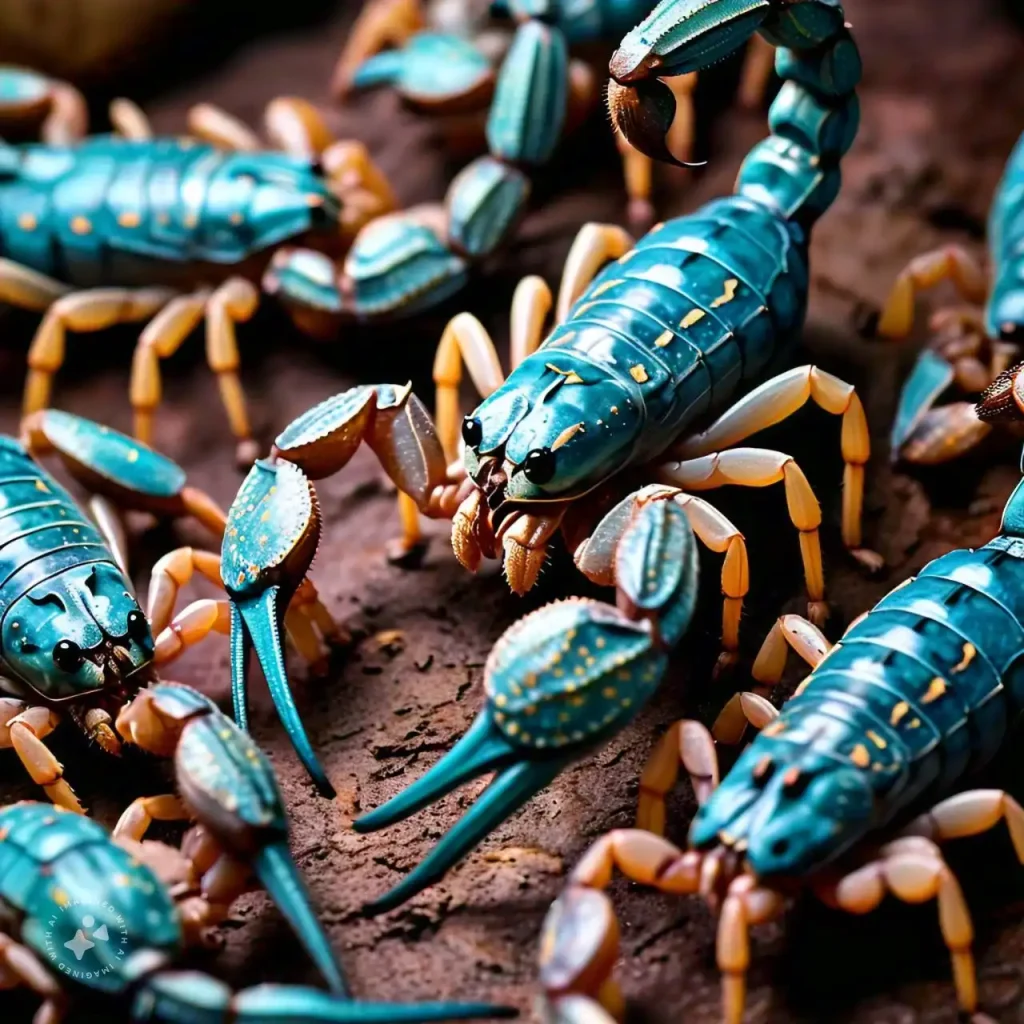
- Scorpions are ancient creatures. They have been around for hundreds of millions of years, even before the time of dinosaurs.

- Baby scorpions ride on their mother’s back. After they are born, baby scorpions, called scorplings, climb onto their mother’s back and stay there until they are ready to fend for themselves.
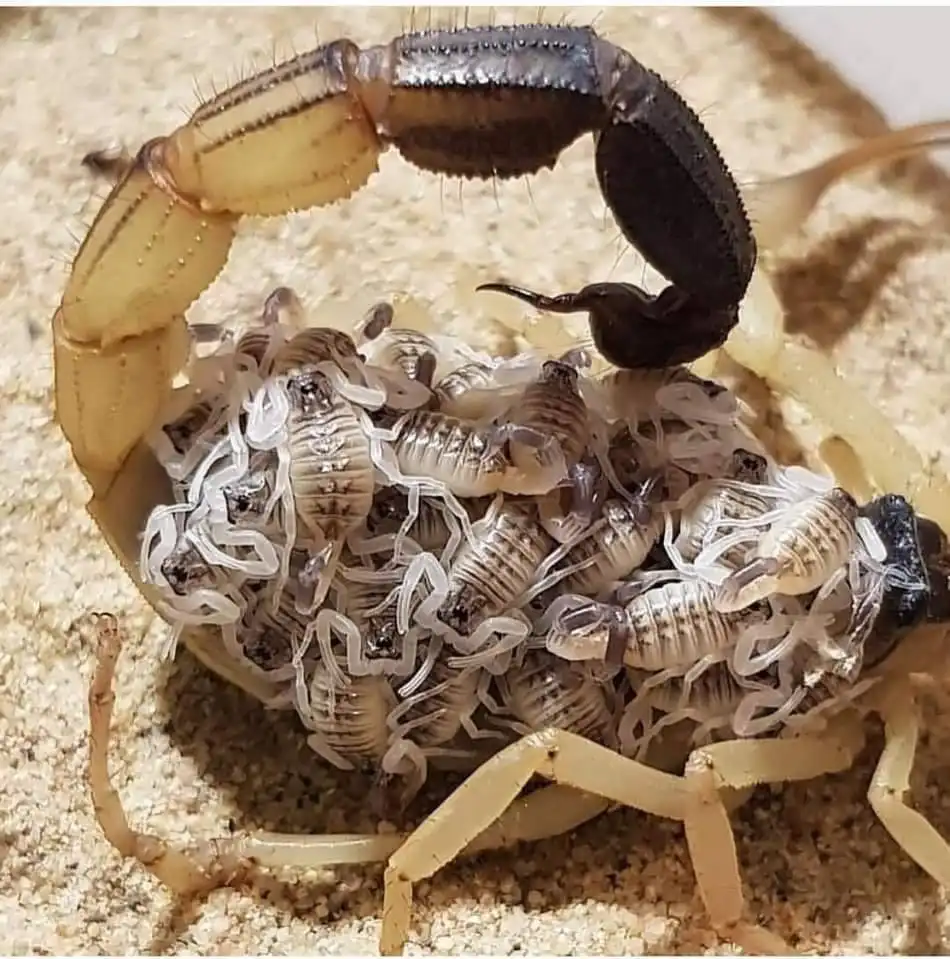
- Scorpions can regenerate lost limbs. If a scorpion loses a leg or a pincer, it can grow a new one the next time it moults.

Conclusion
Scorpions are truly remarkable creatures. Their ability to survive for such long periods without food showcases their incredible adaptations and resilience. Next time you think about these fascinating arachnids, remember that they are not just fearsome predators, but also important players in maintaining the balance of nature.
For more interesting articles, please visit www.kidzherald.com

